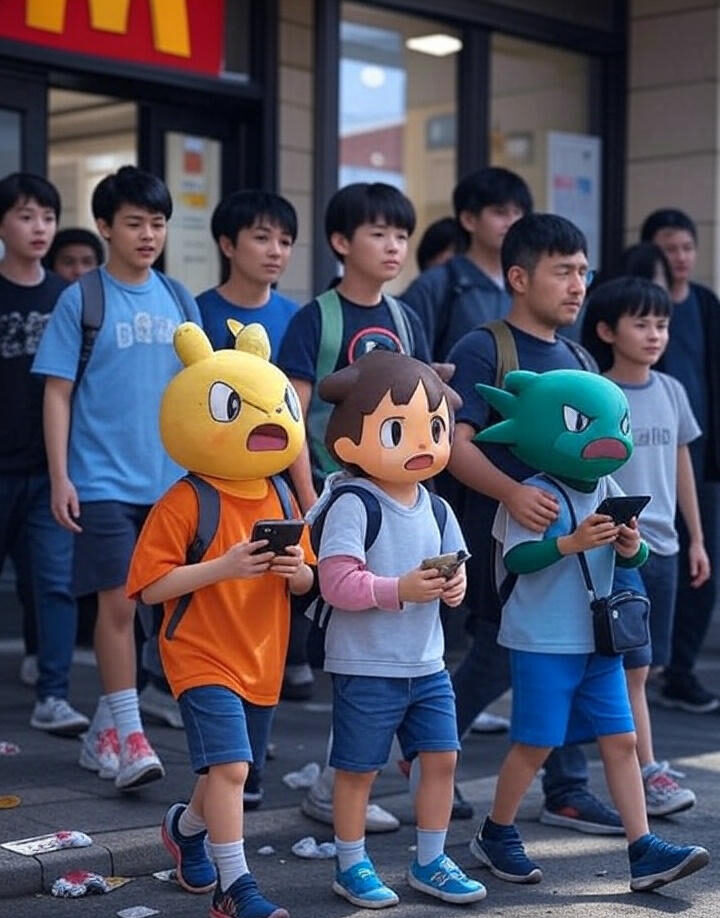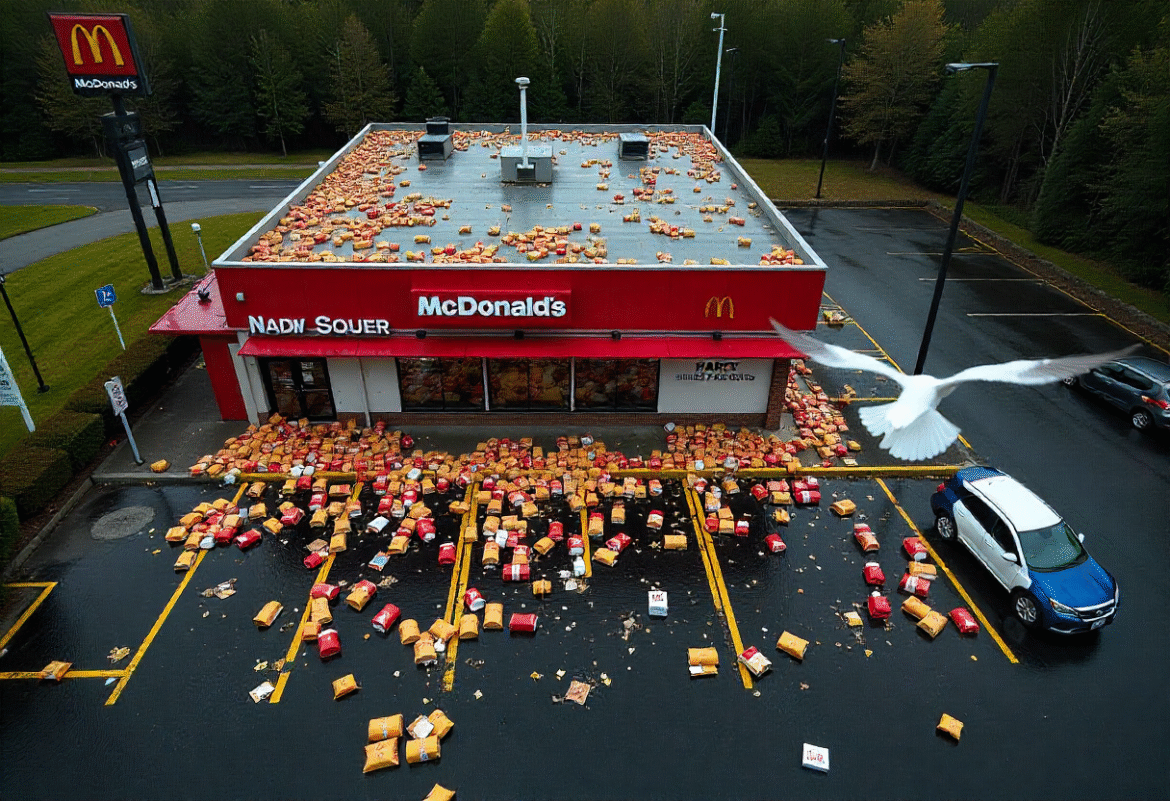Analysis
McDonald Japan recently launched a Pokémon themed Happy Meal promotion expected to delight both children and collectors alike. But what started as a fun campaign spiraled into chaos, with resellers hoarding toys and dumping food, causing widespread backlash over waste and poor planning.
1. The Promotion & Sudden Collapse
From August 9 to 11, 2025, McDonald Japan rolled out a limited-time Pokémon Happy Meal known locally as a “Happy Set” that included exclusive trading cards alongside the usual meal components (burger, fries, drink, and toy) (WRAL.com, Business Insider). Priced at approximately 510 yen (US$3.50), the sets were meant to bring joy to kids and fans during summer (WRAL.com, AP News).
However, demand exploded within hours. Many customers, particularly adult collectors and scalpers, snapped up massive quantities not for the food, but for the collectible cards. As a result, the campaign ended prematurely McDonald’s announced that distribution had ceased at many stores by the end of the first day due to “higher than expected sales” (Business Insider, AP News).
2. Shock & Outrage: Food Dumped, Streets Littered
Images flooded social media showing piles of untouched Happy Meals, some abandoned on sidewalks, others left on pickup tables inside stores. Entire bags containing burgers, fries, and drinks were dumped discarded once the cards were retrieved (WRAL.com, AP News, Межа. Новини України.). In a country that prides itself on cleanliness and mindful waste, these scenes struck a particularly jarring chord (WRAL.com, Globedge).
Citizens voiced frustration: what was meant to be a children’s delight turned into a spectacle of waste and entitlement. One resident lamented on social media that they couldn’t buy a Happy Meal for their daughter because scooping scalpers had depleted the stock (The Peninsula Newspaper).
3. McDonald’s Response & Future Measures
In a formal apology, McDonald Japan condemned the behavior, stating it “does not tolerate the purchase of Happy Meals for resale or the abandonment or disposal of food” (AP News, The Peninsula Newspaper, WRAL.com). Acknowledging their unpreparedness, the company pledged to strengthen safeguards for example, limiting purchases per customer, banning bulk buying, and curbing online ordering to curb scalpers and minimize waste (The Peninsula Newspaper, AP News). It also plans to collaborate with third party platforms to curb price gouging from resale listings (Межа. Новини України., AP News).
4. Broader Context: Nostalgia Meets Commercial Demand
This isn’t the only instance of McDonald viral promotional chaos. Previously, events like BTS Meal in 2021, Hello Kitty plushies, and adult Happy Meal collabs created similar consumer frenzies (Business Insider). From a marketing standpoint, nostalgia and collectibility have proven potent, especially among millennials. But this episode underscores how easily promotions can veer off course when resale and excess become involved (Business Insider).

5. Ethical and Cultural Takeaways
- Ethics over hype: Collecting should not trump responsibility discarding food for profit betrays social values, especially in a culture that generally discourages visible waste.
- Promotion + planning: Even beloved franchises like Pokémon can trigger unintended consequences campaign logistics must anticipate dark corners of fandom and resale.
- Brand image vs. chaos: McDonald’s aims for family friendly branding, but incidents like these erode public trust unless addressed decisively.
Summary Table
| Aspect | Details |
|---|---|
| Promo timeline | August 9 to 11, 2025; ended early due to overwhelming demand |
| What went wrong | Scalpers hoarded Pokémon cards, discarded meals; chaos outside outlets |
| Public reaction | Outrage over food waste, blocked access for families |
| Corporate response | Apologies, purchase limits, halted bulk/online orders, action against scalpers |
| Wider context | Echoes previous viral McDonald’s giveaways; spotlight on nostalgia-driven demand |
Final Thoughts
What was meant to be a joyful, family oriented promotion became a lesson in the risks of viral marketing. The Pokémon Happy Meal fiasco in Japan spotlights how unchecked collectible demand can collide with social norms and environmental sensibilities. McDonald’s response a mix of regret and reform shows that even global brands must tread carefully when leveraging pop culture to engage fans. As future promotions roll out, balancing excitement with equity and ethics will be essential to avoid the next “Unhappy Meal.”

